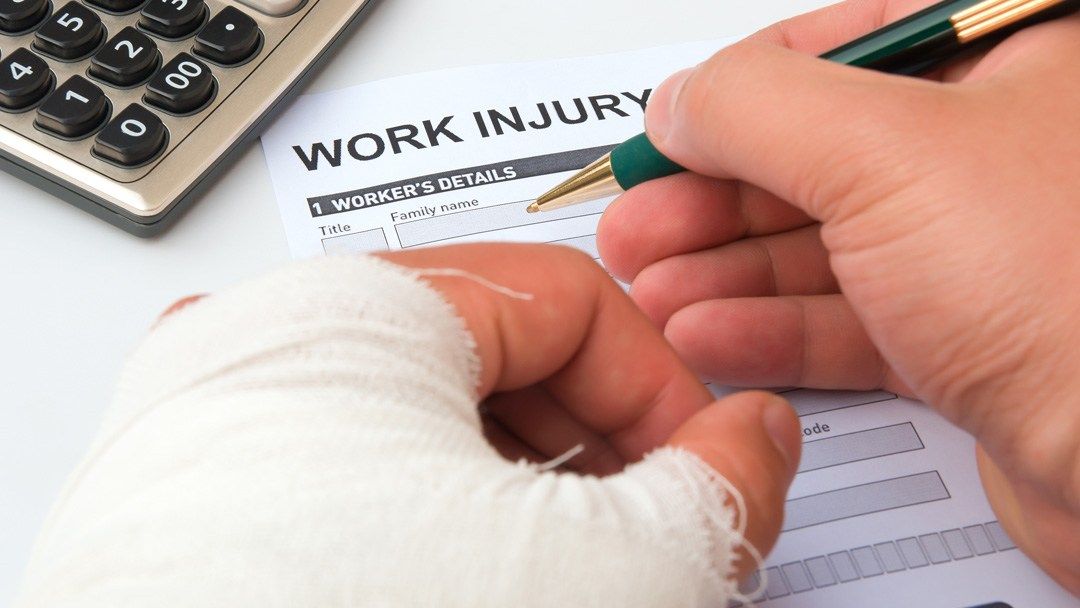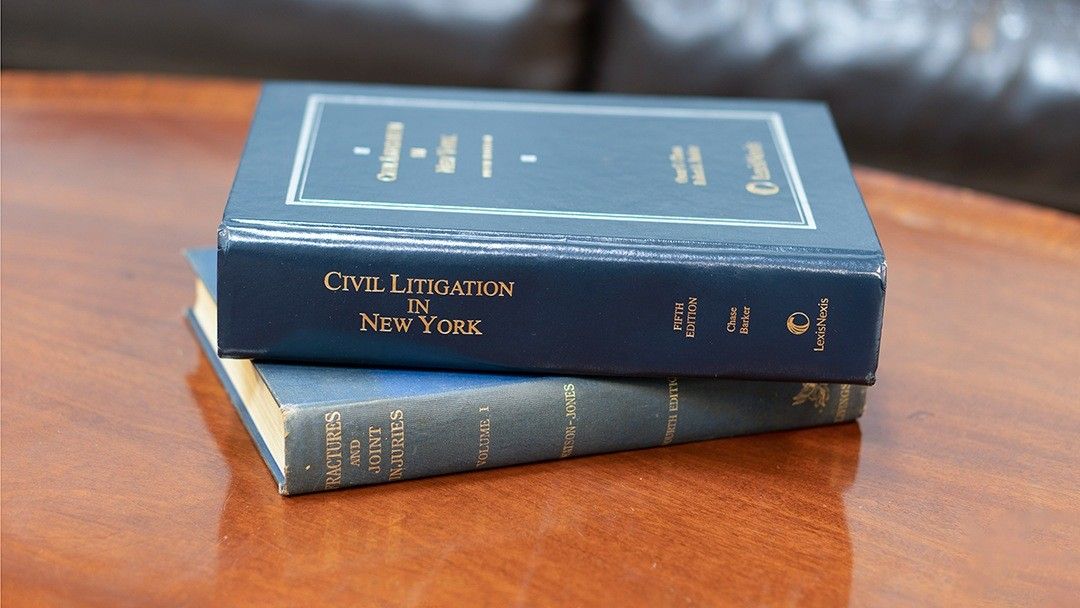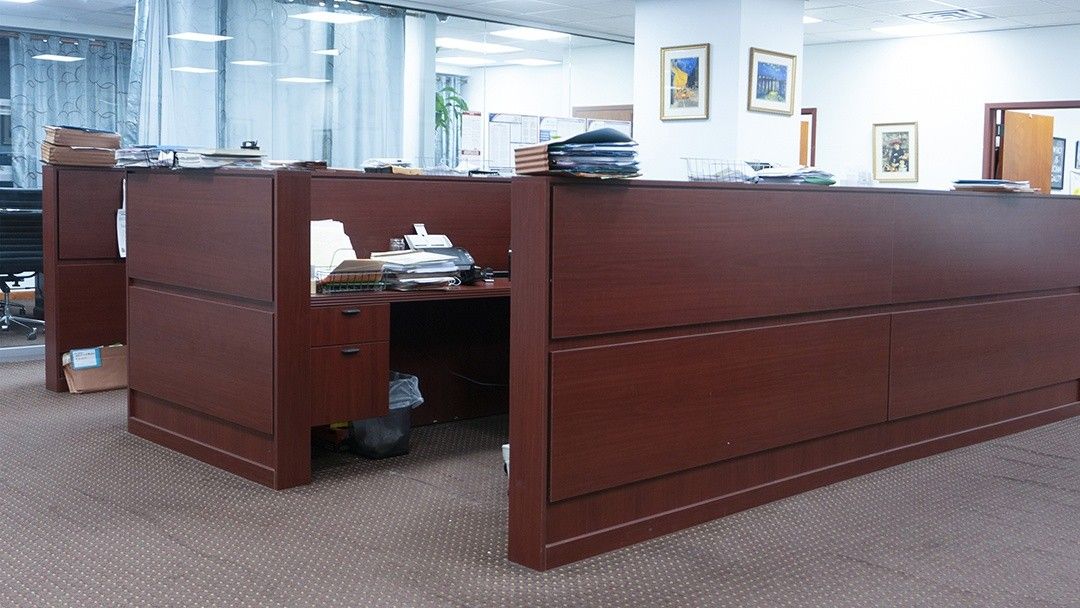Legal Advice: What to Do if Injured on the Job
What to Do If You Are Injured on the Job
Image via
What if you are on the job and you require medical treatment, rehabilitation or are left unable to work because of sustained injuries or illnesses? Here is some Workers’ Compensation 101 to clear up some questions you may have:
What is Workers’ Compensation?
Workers’ Compensation, also known as Workmen’s Comp, is a form of insurance paid for by the employer to cover any injuries that may occur on the job. It can cover medical expenses, rehabilitation expenses and disability coverage to compensate for lost wages.
Worker’s Compensation can also cover pre-existing conditions if the condition was made worse as a result of your job. Illnesses as a result of being exposed to something while you are working are also included in coverage.
If an employee is temporarily unable to earn wages because of his or her injury, they generally receive provisional disability payments of two-thirds of their wages or up to a fixed amount set by law. However, if an employee if left permanently incapable of doing the work prior his or her injury, they could be entitled to receive a lump-sum or long term benefits. Workers’ Compensation also pays death benefits to the dependents of the worker who had passed away due to his or her work-related injuries.
When are you covered for Worker’s Compensation?
You can file for Worker’s Compensation if you are injured on the job, doing something that your employer asked you to do and when you are in area that your employer owns such as a parking lot during work hours.
What do I do if I have been injured on the job?
- Seek medical help and treatment from a health care provider that has only been authorized by the Worker’s Compensation Board, except in the case of an emergency. Make sure to list all your medical and physical complaints truthfully and accurately. This is important to receive the right treatment; in addition, this information will be used to build your case, so be sure that the medical worker records everything. Let the staff know that this occurred during work. By doing so, your bill will be sent to the workers’ compensation insurance company or your employer, and not to you.
- Notify your supervisor promptly and inform them how the situation occurred. If you fail to inform your employer of your injury within 30 days in writing, it is possible to lose rights to workers’ compensation benefits. In the case of an illness, you must notify your supervisor within two years of disablement.
- Fill out and complete a claim for workers’ compensation and mail it to the nearest Workers’ Compensation Board.
What is a third-party claim?
In certain situations, a worker that is also injured on the job may also be entitled to make a third-party claim. A third-party claim is when an injured worker can sue a third party that is not their employer but that he or she believes to have been involved in the incident that caused his or her injuries. An example of a third party claim would be if a mailman was delivering a package to a home and a dog attacks him or her. The mailman may be able to file a suit against the property owner or the dog owner. Another example is if an employee sustains an injury while operating machinery on the job and he or she believes it may have been caused by faulty manufacturing or a faulty product.
What is excluded from Workers’ Compensation?
It is possible for coverage to be denied if your situation includes any of the following:
- Self-inflicted injuries
- Injuries as a result of horseplay
- Felony-related injuries
- Injuries caused by drugs or intoxication
- Injuries as a result of a fight started by the employee
- Injuries claimed after the employee has been laid off or terminated
- Injury that occurred while the employee was off the job.
- If you are an independent contract worker
Worker’s Compensation laws are similar throughout the states, however, each state has different policies about how to file claims, eligibility, and the amount of benefits. If you find yourself in this situation, it is important to stay informed about your rights as a victim throughout this tricky and sometimes complicated process. The extensively experienced attorneys at Daniella Levi & Associates, P.C. are ready to fight for you. Call (718)-380-1010 if you would like a completely free consultation.






